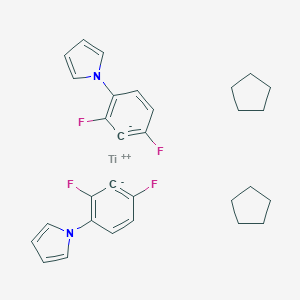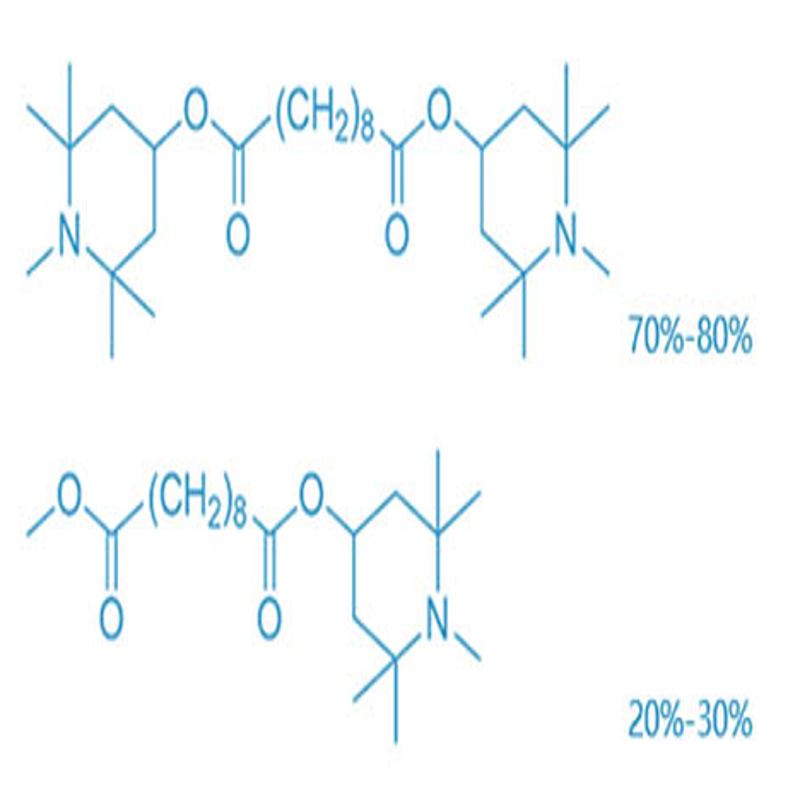-
Categories
-
Pharmaceutical Intermediates
-
Active Pharmaceutical Ingredients
-
Food Additives
- Industrial Coatings
- Agrochemicals
- Dyes and Pigments
- Surfactant
- Flavors and Fragrances
- Chemical Reagents
- Catalyst and Auxiliary
- Natural Products
- Inorganic Chemistry
-
Organic Chemistry
-
Biochemical Engineering
- Analytical Chemistry
-
Cosmetic Ingredient
- Water Treatment Chemical
-
Pharmaceutical Intermediates
Promotion
ECHEMI Mall
Wholesale
Weekly Price
Exhibition
News
-
Trade Service
Global Chemicals Quick Review
Iran is dismissive of the resumption of U.
S.
sanctions
Over the years, players in Iran's petrochemical industry have learned to adapt to difficult business conditions and have generally shrugged off
U.
S.
plans to reimpose sanctions on Iran.
An Iranian petrochemical producer said: "Companies with operations in the United States are likely to comply with U.
S.
regulations, but other smaller companies may do business
with Iran as usual.
" A market source in Iran's basic oil industry said: "Iran has encountered the same situation before, so this is nothing new
.
" For Iran, dealing with international sanctions has largely become a way of life
for the export industry.
Another Iranian petrochemical industry source said: "Iran's economic downturn may deepen under the impact of the resumption of US sanctions, but most Iranian business activists have become accustomed to dealing with this dilemma
.
" ”
The global catalyst market is expected to exceed $34 billion in 2024
According to the latest market analysis report of Fredonia Group, due to the dual impact of poor crude oil raw materials and increasingly strict environmental regulations, the global catalyst demand is growing rapidly, and the global catalyst market is expected to exceed $34 billion
by 2024.
In order to maintain and expand market share in the fierce competition with developed countries, catalyst manufacturers invest a lot of time and resources to develop better catalysts
.
Reducing costs by increasing the feed rate of crude oil or extending catalyst life at higher temperatures and pressures, as well as producing higher quality end products, will help sustain growth in
mature markets.
International oil majors are investing heavily in downstream businesses
Recently, international oil majors have been investing heavily to expand gas stations, refineries and petrochemical processing operations, hoping that this once underappreciated business will boost profits and expand its customer base
.
BP plans to open thousands of stations in emerging markets such as Mexico and India
over the next three years.
ExxonMobil has invested significantly to expand its petrochemical business to produce plastics and building materials for
a variety of household products.
Last November, Royal Dutch Shell began construction of a huge petrochemical plant in Pennsylvania, the first time since the 60s of the 20th century that the company has built a large plant
in the United States.
As smaller refiners continue to consolidate, global oil majors are gradually investing and restructuring downstream operations such as refining to improve efficiency and increase profits
.
The impact of the decline in ethylene spot prices led to the shutdown of crackers in the United States
Affected by the dual impact of oversupply and market downturn, the spot price of ethylene in the United States continued to fall
.
The resulting weaker cracker economics led CP Chem to shut down an ethylene plant at its Sweeny, Texas plant
.
U.
S.
spot ethylene prices are already at historically low levels due to the large number of new ethylene production capacity and ethylene consumption being affected by the lower-than-expected release of new polyethylene capacity, resulting in U.
S
.
ethylene production now exceeding its consumption.
In addition, unplanned shutdowns of existing polyethylene plants, including INEOS polyethylene plants
, further reduced ethylene consumption.







